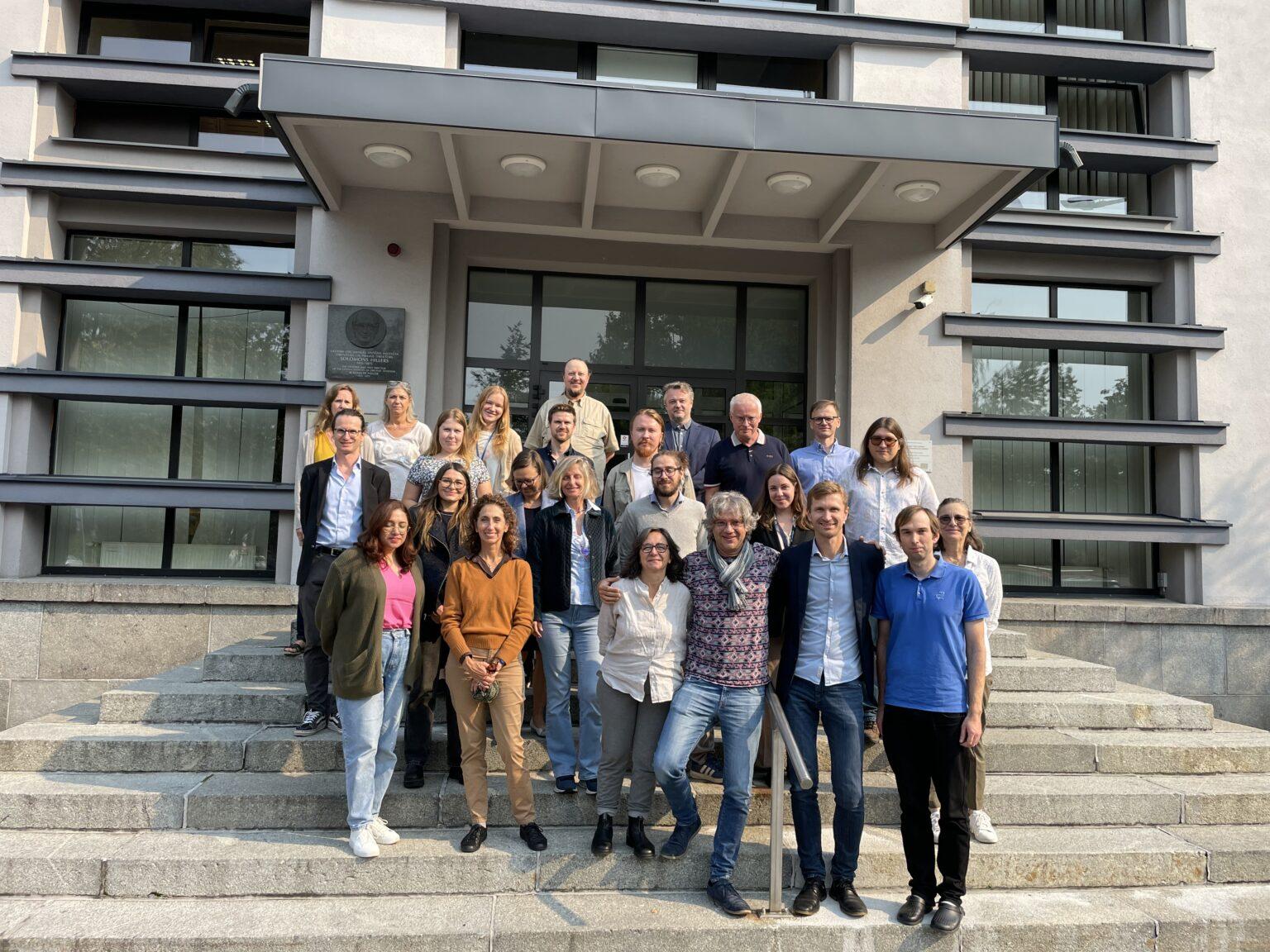The Latvian Institute of Organic Synthesis (LIOS) has announced plans to establish a state-of-the-art Nuclear Magnetic Resonance (NMR) Spectroscopy Centre dedicated to both fundamental and applied research over the next three years. The new facility will position Latvia as a leader in scientific innovation within the region, providing open access to advanced research capabilities for scientists from across the Baltic States.
In September, the project’s working group convened in Riga for the first time, bringing together key collaborators from France and Italy. The project will be led by senior researcher, Dr Alons Lends, an expert in the field of NMR spectroscopy.
“Nuclear magnetic resonance spectroscopy enables us to explore the structure and dynamics of molecules at the atomic level,” explained Dr Lends. “This technology is vital for modern scientific research, particularly in the discovery and development of new pharmaceuticals. Similar to how MRI scans give doctors detailed insights into the human body, NMR spectroscopy allows researchers to better understand how drug compounds interact with their biological targets.”
The new centre will benefit from the expertise of NMR centres in Lyon, France, and Florence, Italy, which are among the largest facilities in the world. The Latvian team will collaborate closely with their French and Italian collogues, which will provinde their unique experience to enhance the skillset of Latvian researchers.
Once established, the Latvian NMR Spectroscopy Centre will serve as an open-access platform, enabling scientists from across Latvia and the Baltic region to conduct cutting-edge experiments. In the future, the centre’s infrastructure will be further expanded with world-class NMR equipment, ensuring it remains at the forefront of global research.
The project, titled Development of Magnetic Resonance in Latvia (MR LATVIA), is being carried out in partnership with the Centre de RMN à très hauts champs de Lyon (CRMN) in France and the Centro Europeo di Risonanze Magnetiche (CERM) in Florence, Italy. It is funded under the HORIZON-WIDERA-2023-ACCESS-02 programme, which aims to promote scientific collaboration and innovation across Europe.
Photo: The Latvian Institute of Organic Synthesis
